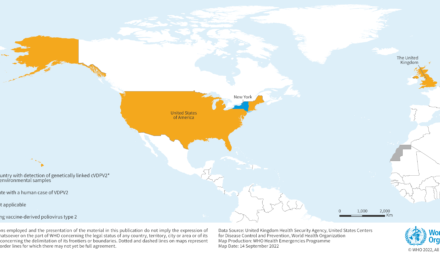A comprehensive review of the federal Open Payments database has unveiled that physicians received a staggering $12.1 billion in payments from the pharmaceutical and medical device industry over nearly a decade, shedding light on the extensive financial relationships between healthcare professionals and industry stakeholders.
The study, published online in JAMA on March 28, analyzed data from 2013 to 2022, revealing that almost two-thirds of eligible physicians, totaling 826,313 doctors, received payments from drug or device makers during this period. The median payment amounted to $48 per physician.
Orthopedists emerged as the top recipients of industry payments, with an aggregate amount of $1.3 billion, followed closely by neurologists and psychiatrists at $1.2 billion each, and cardiologists at $1.29 billion.
However, certain specialties received considerably less in aggregate payments, with geriatric and nuclear medicine specialists, as well as trauma and pediatric surgeons, receiving the least. Pediatric surgeons in the top 0.1% received a mean payment of just $338,183 over the nine-year study period.
The total value of payments fluctuated over the years, reaching its peak in 2019 at $1.6 billion and dipping to $864 billion in 2020, coinciding with the peak of the COVID-19 pandemic, before rebounding to $1.28 billion in 2022.
The Open Payments database, administered by the Centers for Medicare & Medicaid Services, requires drug and device makers to report various types of payments made to physicians, including consulting services, speaking fees, and gifts. These payments have been linked to increased prescribing of specific drugs or devices, raising concerns about their potential influence on healthcare practices.
While the study suggests that the nature of industry-physician relationships has remained relatively stable since the database’s inception, experts stress the need for greater transparency and scrutiny. Dr. Deborah C. Marshall, an assistant professor at the Icahn School of Medicine at Mount Sinai, emphasizes that while transparency is essential, more needs to be done to reduce the volume and magnitude of industry payments.
Others, like Dr. Adriane Fugh-Berman of Georgetown University, advocate for stricter regulations, asserting that physicians should not be permitted to receive gifts from pharmaceutical companies. The study underscores the ongoing debate surrounding industry-physician relationships and their potential impact on patient care and healthcare costs.
As discussions continue regarding the ethical implications of industry payments to physicians, the findings from the Open Payments database serve as a critical resource for policymakers, healthcare professionals, and the public in understanding and addressing these complex dynamics within the healthcare industry.











